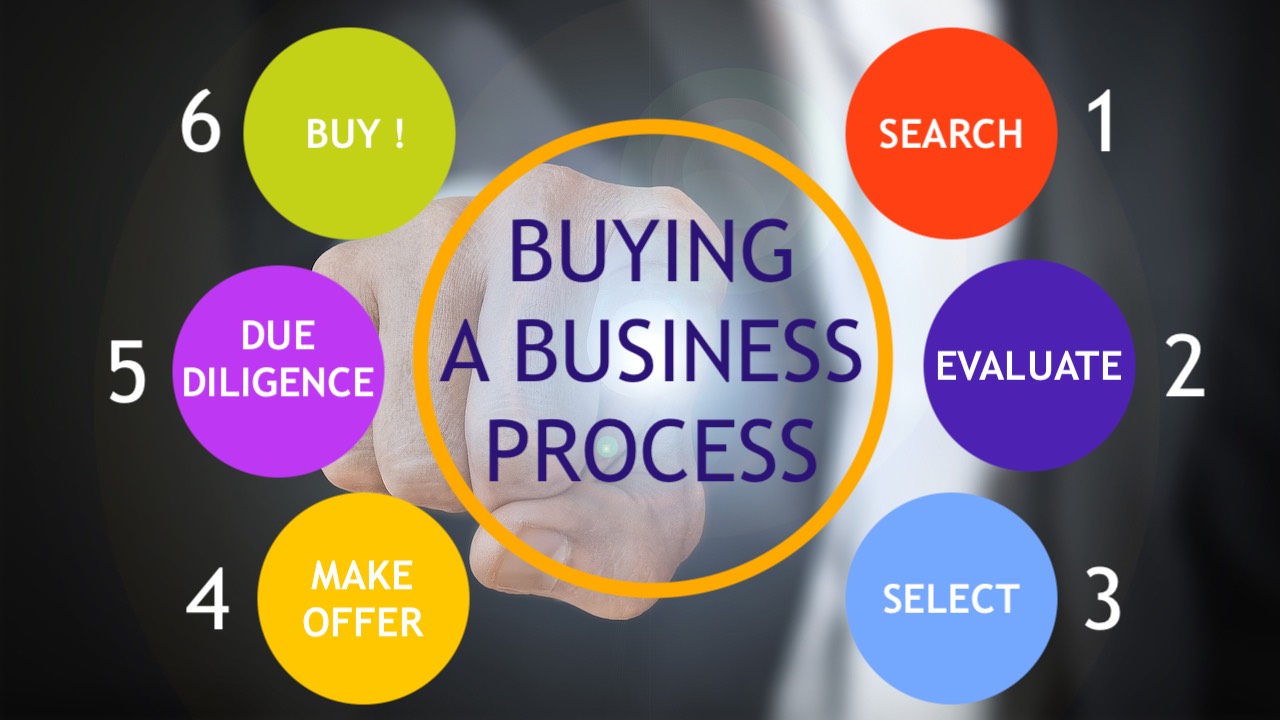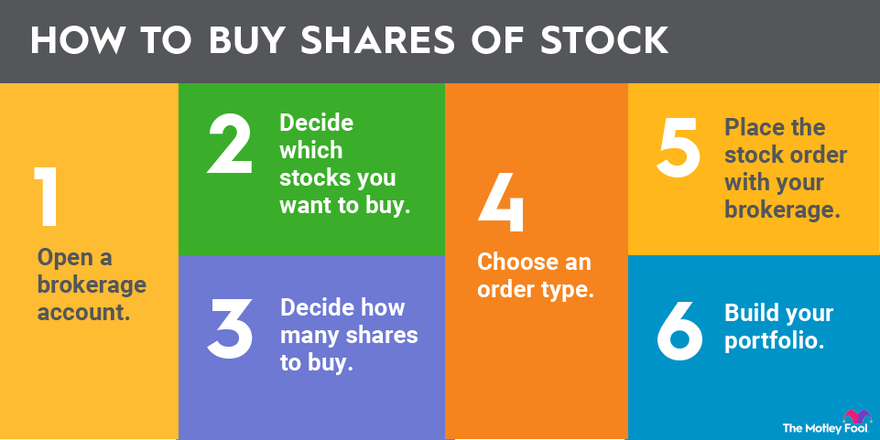How To Get Money To Buy A Business

The dream of owning a business remains a powerful driving force for many, yet the financial hurdle often feels insurmountable. Securing the necessary capital to purchase an existing business requires careful planning, diligent research, and a strategic approach. Aspiring entrepreneurs must navigate a complex landscape of funding options, balancing risk and reward to achieve their ownership goals.
This article will explore the multifaceted world of financing a business acquisition. It will dissect the various avenues available, from traditional bank loans and government-backed programs to alternative financing and seller financing. Understanding these options is crucial for anyone serious about taking the entrepreneurial leap.
Traditional Lending: The Bank Route
Traditional bank loans remain a cornerstone of business acquisition financing. These loans typically require a strong credit history, a solid business plan, and significant collateral.
Banks will scrutinize the financial health of both the buyer and the target business before approving a loan, assessing factors like revenue, profitability, and cash flow. According to the Small Business Administration (SBA), borrowers with good credit scores and a proven track record have a higher chance of securing favorable loan terms.
SBA Loans: Government-Backed Support
The SBA offers several loan programs designed to help small businesses, including those seeking to acquire existing companies. These programs, such as the 7(a) loan and the 504 loan, provide guarantees to lenders, reducing their risk and making it easier for borrowers to obtain financing.
SBA loans often come with lower down payment requirements and longer repayment terms compared to conventional bank loans, making them an attractive option for many entrepreneurs. However, they also involve a more complex application process and may require additional documentation.
Alternative Financing: Exploring Other Avenues
Beyond traditional bank loans, a range of alternative financing options exist for business acquisitions. These options can be particularly useful for borrowers who may not qualify for conventional loans or who require more flexible financing solutions.
Seller Financing: Partnering with the Seller
Seller financing, also known as owner financing, involves the seller of the business providing a loan to the buyer. This arrangement can be mutually beneficial, allowing the seller to receive a stream of income and the buyer to acquire the business with less upfront capital.
Seller financing terms are often negotiable, and the seller may be more willing to provide financing if they believe in the future success of the business under the new ownership.
Important: Legal counsel is required to review these arrangements.
Private Equity and Venture Capital: Equity Investments
Private equity firms and venture capital firms invest in businesses in exchange for equity ownership. These investors typically seek high-growth potential companies and may be willing to provide significant capital for acquisitions.
However, private equity and venture capital investments often come with strings attached, such as board representation and a say in strategic decision-making. This is a common method for financing business acquisitions, according to PwC's latest M&A report.
Online Lenders and Crowdfunding: Modern Solutions
Online lenders have emerged as a popular alternative financing option, offering streamlined application processes and faster funding times compared to traditional banks. Crowdfunding platforms allow entrepreneurs to raise capital from a large number of individuals, typically in exchange for equity or rewards.
While online lenders and crowdfunding can be convenient, borrowers should carefully compare interest rates and fees to ensure they are getting a fair deal.
Caution: Reputable crowdfunding platforms provide regulatory oversight.
Preparing for the Financing Process
Regardless of the chosen financing option, thorough preparation is essential for a successful business acquisition. This includes developing a comprehensive business plan, conducting due diligence on the target business, and assembling a strong team of advisors.
Business Plan: A Roadmap to Success
A well-written business plan is crucial for attracting financing and demonstrating the viability of the acquisition. The plan should include a detailed description of the business, its market, its management team, and its financial projections.
Lenders and investors will use the business plan to assess the risk and potential return of the investment.
"A solid business plan is your key to unlocking funding doors." - Entrepreneur Magazine
Due Diligence: Uncovering Potential Risks
Before committing to an acquisition, it's essential to conduct thorough due diligence on the target business. This involves reviewing the business's financial records, legal documents, and operational processes to identify any potential risks or liabilities.
Due diligence can help buyers avoid costly mistakes and negotiate a fair purchase price. Consulting with experienced legal and financial advisors during the due diligence process is important.
The Future of Business Acquisition Financing
The landscape of business acquisition financing continues to evolve, with new technologies and innovative financing models emerging all the time. As online lending and crowdfunding become more mainstream, entrepreneurs will have more options for securing the capital they need to purchase businesses.
Furthermore, the increasing availability of data and analytics is enabling lenders and investors to make more informed decisions, potentially leading to more efficient and accessible financing for business acquisitions. However, regardless of the funding source, diligent planning, realistic projections, and a deep understanding of the target business remain the cornerstones of a successful acquisition.



![How To Get Money To Buy A Business How To Make Money Online [6 #infographics] / Digital Information World](https://3.bp.blogspot.com/-1xeKTJcqauI/U0z14WmyM1I/AAAAAAAAa0M/pqPZJRm427s/s1600/infographic-breaking-down-the-way-an-entrepreneur-goes-from-idea-generation-through-to-initial-public-offering-How-to-Start-a-Startup-and-how-to-make-money.png)














